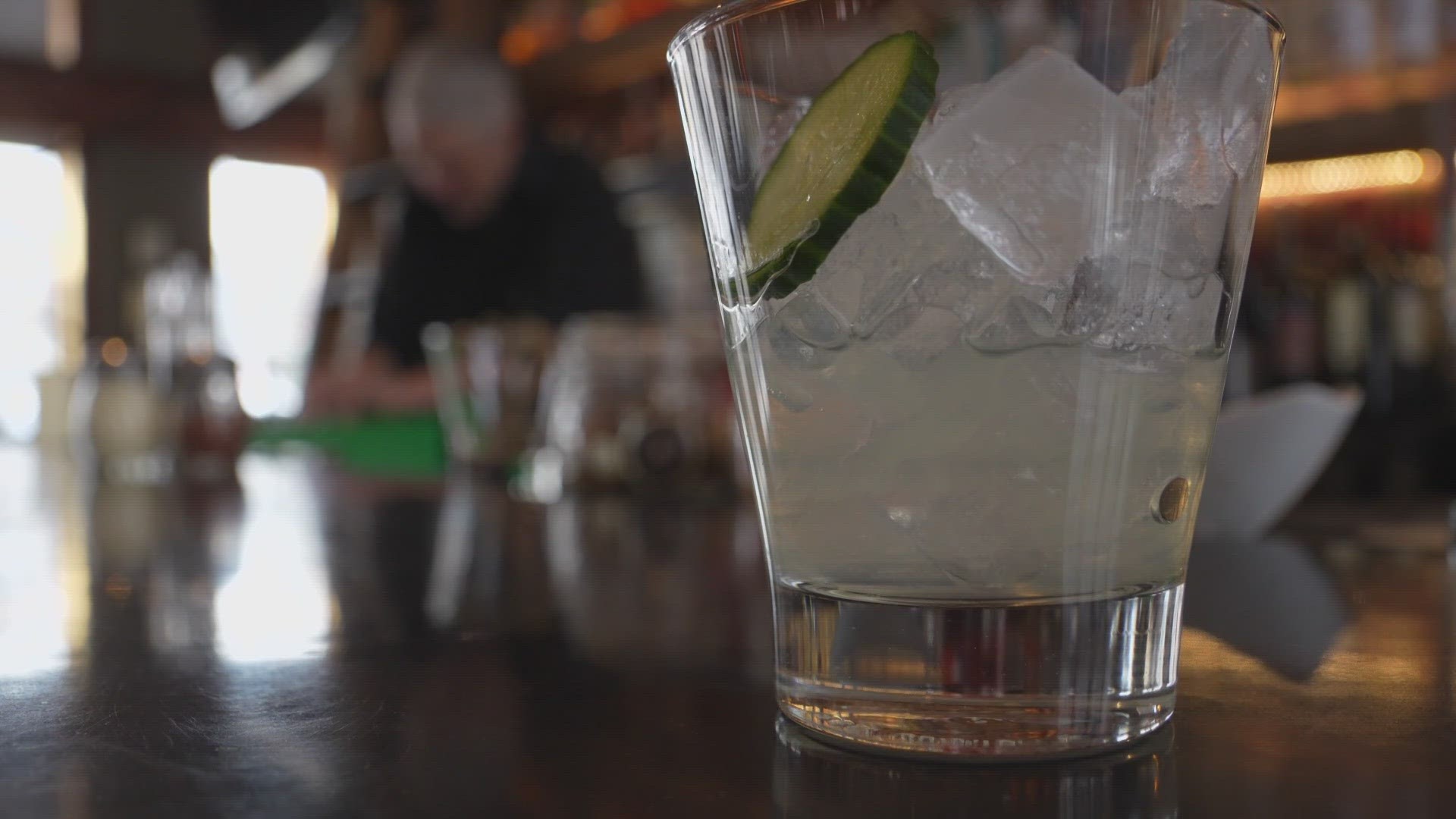DENVER — Denver Police are tracking the number of people who are drugged against their will in the city.
The department started the tracking in January 2023, after several survivors came forward in a short period of time.
Advocates with The Blue Bench say this tool is needed. They're just surprised it took so long to implement.
"You know, if this has happened to you, this is not your fault. It's the fault of the person who chose to do it. And it is never too late to ask for help," said Ana Martinez, Clinical Program Manager at The Blue Bench.
The Blue Bench works to help survivors of sexual assault. In the past year, Martinez said, they've seen more people who've been drugged coming in for help.
The suspects are not always strangers.
"We're seeing a lot more cases that involve people that they met on dating apps," Martinez said. "That's a theme we're definitely seeing more in the past year."
Denver Police started tracking instances where people were drugged in January 2023.
"It's surprising that it wasn't happening before, to be honest," Martinez said.
DPD data shows in 2023, 46 cases of drugging were reported. Only one arrest has been made.
So far in 2024, police have taken five reports of drugging.
Martinez said these cases can be tricky to track.
Survivors' memories are often hazy from what they've been given, often in combination with alcohol. And even more often, society blames them for not taking better care of themselves or their drink, discouraging people from getting a test or making a police report.
Denver Health, one agency that's able to take reports after a victim has been drugged, said they can collect urine 96 hours after an assault that is suspicious for drugging. Exams can be given up to seven days after. They test for a panel of 12 drugs including fentanyl, ecstasy and benzos.
Drugs often make their way out of the system before levels can be tested, which means a negative exam doesn’t necessarily mean nothing happened. Drug testing is typically done in conjunction with a forensic medical exam. Denver Health said they have an agreement with DPD that they will do an exam on any person who suspects they've been drugged, even if there is no concern for sexual assault.
If someone believes they’ve been drugged, Denver Health stresses it’s vital to come in quickly to report it and be tested before anything in their system metabolizes.
"We know that on average, only 10% of survivors come forward with cases, report them to police," Martinez said. "So we know that this is a tiny percentage of what's being seen more broadly."
Martinez said it's critical to support those survivors who come forward, and track their cases. When survivors know they're not alone, she said, they're more likely to come forward -- whether that's to seek help, justice or both.
"Also, perhaps if the folks that are doing this are seeing that it's being tracked and looked at, preventing any further cases from happening because they know that there could be charges coming down their way," Martinez said.
If you're going out to the bar or on a date with someone new, The Blue Bench recommends keeping an eye on your drink. And if you feel off, immediately try and get help.
The Blue Bench said a number of Denver bars and breweries participate in a program called Safe Bars, which trains staff members to recognize and respond to incidents of sexual harassment and assault.
Those establishments with trained staff members include:
SUGGESTED VIDEOS: Latest from 9NEWS

